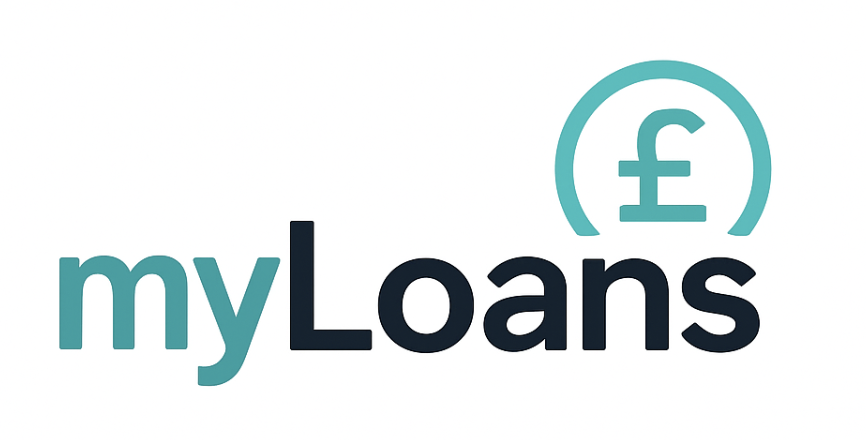Understanding the Credit Union Loan Process
Applying for a loan can be a daunting task, especially if you are not familiar with the ins and outs of the financial world. However, credit unions offer a unique and often more accessible way to secure a loan. Let’s dive into how you can navigate the credit union loan process effectively.
Credit union loans are financial products offered by credit unions, which are member-owned cooperatives. Unlike traditional banks, credit unions aim to provide financial benefits to their members rather than generate profit. This often results in lower interest rates and more favorable terms for borrowers.
How to Apply for a Credit Union Loan
Step 1: Become a Member
The first step in applying for a credit union loan is to become a member of the credit union. Membership requirements vary, but they often include living or working in a certain area, being part of a specific organization, or having a family member who is already a member. Once you meet the criteria, you can open an account.
Step 2: Determine Your Loan Needs
Before applying, it’s essential to determine what kind of loan you need. Credit unions offer various loan types, including personal loans, auto loans, and home loans. Consider factors like the loan amount, repayment terms, and purpose of the loan.
Step 3: Gather Necessary Documentation
To apply for a credit union loan, you’ll need to gather several documents. These often include proof of income, identification, and possibly collateral if you’re applying for a secured loan. Make sure to have these documents ready to streamline the application process.
Step 4: Apply Online or In-Branch
Many credit unions offer the convenience of applying for a loan online. This can be a quick and easy option for those who prefer a digital experience. However, if you prefer personal interaction, you can always apply in-branch. Both methods will require you to fill out an application form and submit your documentation.
What If I Have Bad Credit?
One of the significant advantages of credit union loans is their flexibility with credit scores. If you have bad credit, you may still qualify for a loan, as credit unions consider your overall financial picture rather than just your credit score. It’s advisable to speak directly with a loan officer to discuss your options.
Benefits of Credit Union Loans
The primary benefit of credit union loans is their member-focused approach. They tend to offer lower interest rates and fees, flexible terms, and more personalized service compared to traditional banks. This makes them an excellent option for borrowers looking for fair and affordable loan solutions.
Understanding the credit union loan process can open doors to financing that might seem out of reach otherwise. By following these steps and leveraging the benefits of credit union membership, you can secure the loan that suits your needs. For more information, contact your local credit union and explore the options available to you.



